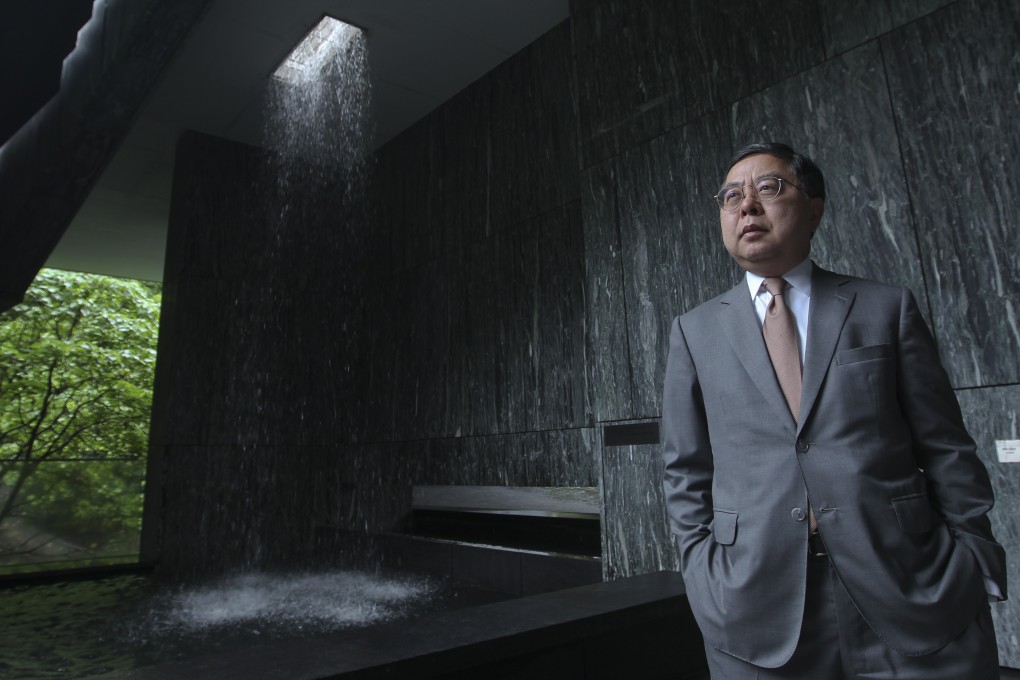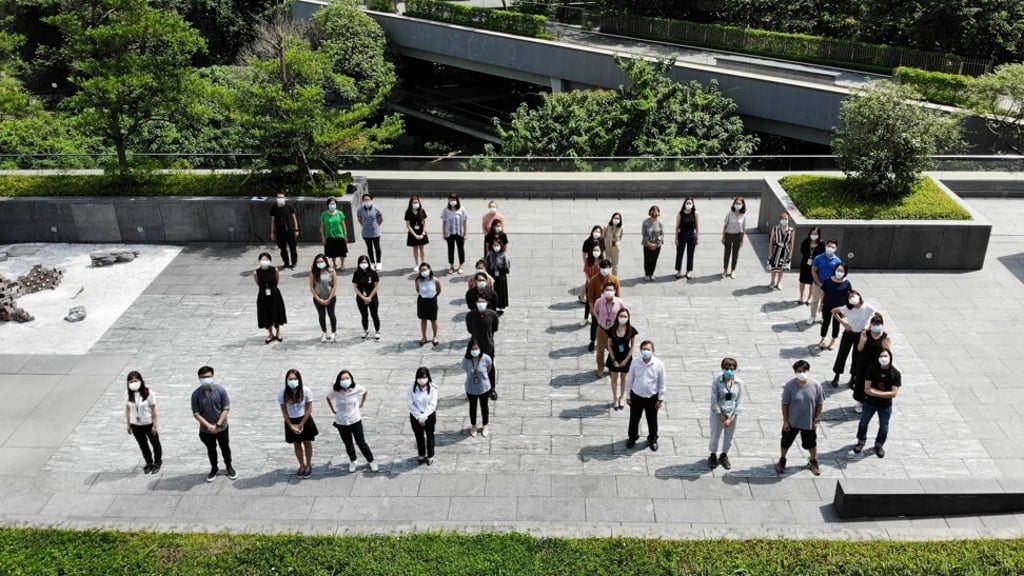What does the future hold for Asia Society Hong Kong, under pressure from zero venue rental revenue and local political divides?
- Chairman Ronnie Chan and executive director Alice Mong talk about the past, present and future of the society as it reaches its 30th anniversary
- Because of Covid-19 and cancellations due to last year’s social unrest, there has had to be a lot of belt-tightening

Thirty years ago, two internationally minded tycoons opened a Hong Kong branch of the Asia Society, a purely New York-based institution at the time, just when official dialogue between the West and China had ceased following Beijing’s bloody crackdown on pro-democracy protesters in Tiananmen Square in 1989.
The mission of the original Asia Society, founded in 1956 by a scion of the Rockefeller family, was to educate Americans about Asia. The Hong Kong centre’s mission was quite different.
Late Hang Seng Bank chairman Sir Lee Quo-wei and textile tycoon Jack Tang Chi-chien – a relative of politician Henry Tang Ying-yen – wanted to build a bridge between the East and West, a relatively neutral platform where different views could be aired and discussed. It would also become a place where Asians could find out more about their fellow Asians.
Asia Society Hong Kong was created entirely with local funding, helping it stave off accusations it was a US agency. Its first executive director might have been a former US consul-general, but the centre never followed any one country’s agenda, long-time chairman Ronnie Chan Chi-chung says.
“From day one, the society has never taken sides. It was like that when Sir Quo-wei was chairman before me. It was like that when Burton Levin, the former ambassador to Burma and [consul-general to] Hong Kong, was executive director. We also never take positions on local politics,” he says to the Post.

